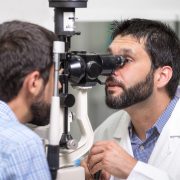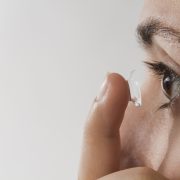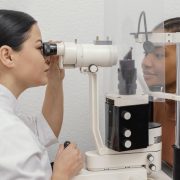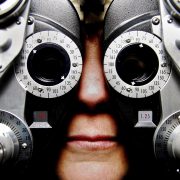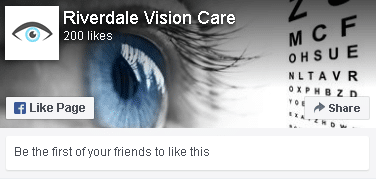Happy 2022! Is It Time for Your Annual Eye Appointment?
2022 is here! It’s time to make an eye appointment! There are many reasons why you should see an eye doctor in Riverdale NJ once per year. Knowing those reasons can help you take care of your eyes and prioritize your eye appointments! Here’s what you need to know about making your eye appointment for 2022.
Why You Should See the Eye Doctor Annually
There are many reasons why you should see the eye doctor annually! Whether you have glasses or not, you should be making appointments with your eye doctor once annually. Here’s why:
- Your eyeglasses prescription may change. If you have prescription glasses, that prescription may change over time. As the prescription changes, you may need more powerful lenses to continue to function in school or out in the world.
- If didn’t need eyeglasses before, you may need them now. Just because you didn’t need eyeglasses in the past doesn’t mean that you won’t ever need them. Your eyes will change with time. The only way that you can ensure that you’ve got the right tools for maintaining good vision is to see the eye doctor regularly.
- Your eye doctor will check for eye diseases. Some eye diseases have no symptoms until vision loss occurs. The only way to detect these eye diseases is to see the eye doctor, who will be able to run tests to find out if you have one of these conditions.
Make Your Appointment a Routine
Lots of people forget to see the eye doctor because they forget when it’s time to make an appointment. If you start making your eye appointments in Riverdale NJ at the same time every year, you’re less likely to forget to make your appointment. Choose the same month to see the eye doctor, then make your first appointment.
What You Can Do to Take Care of Your Eyes in 2022
Wondering what else you can do to take care of your eyes in 2022? Wear sunglasses. Know the symptoms of an eye problem. And see your eye doctor at least once annually. Call today to make your appointment.

